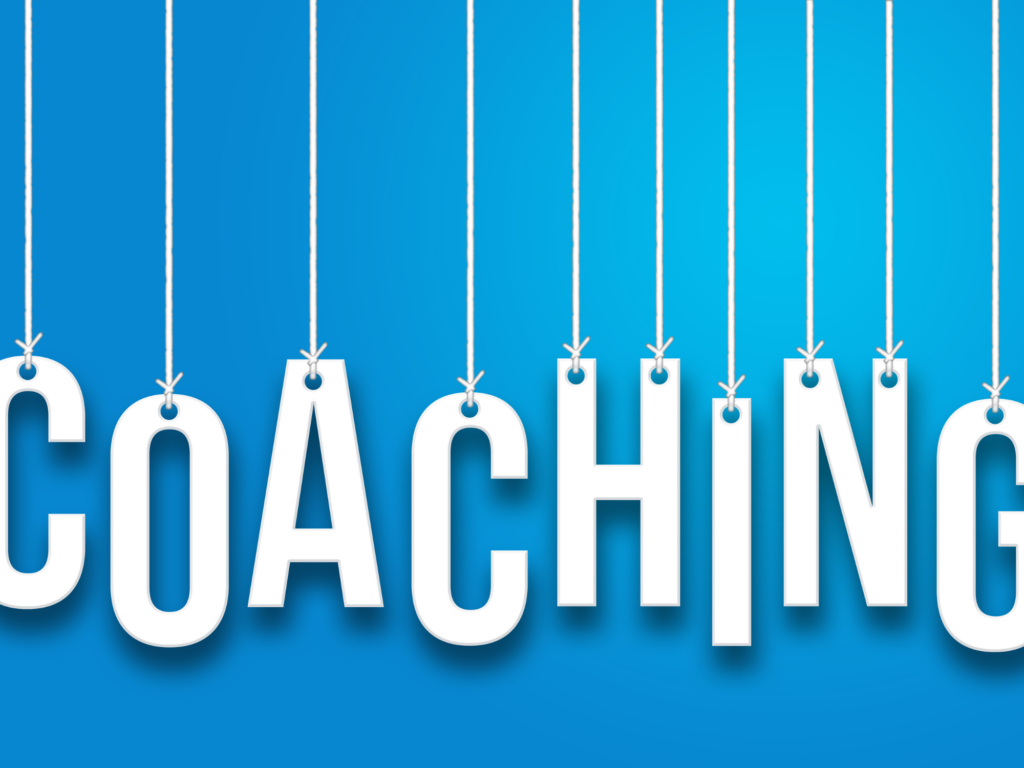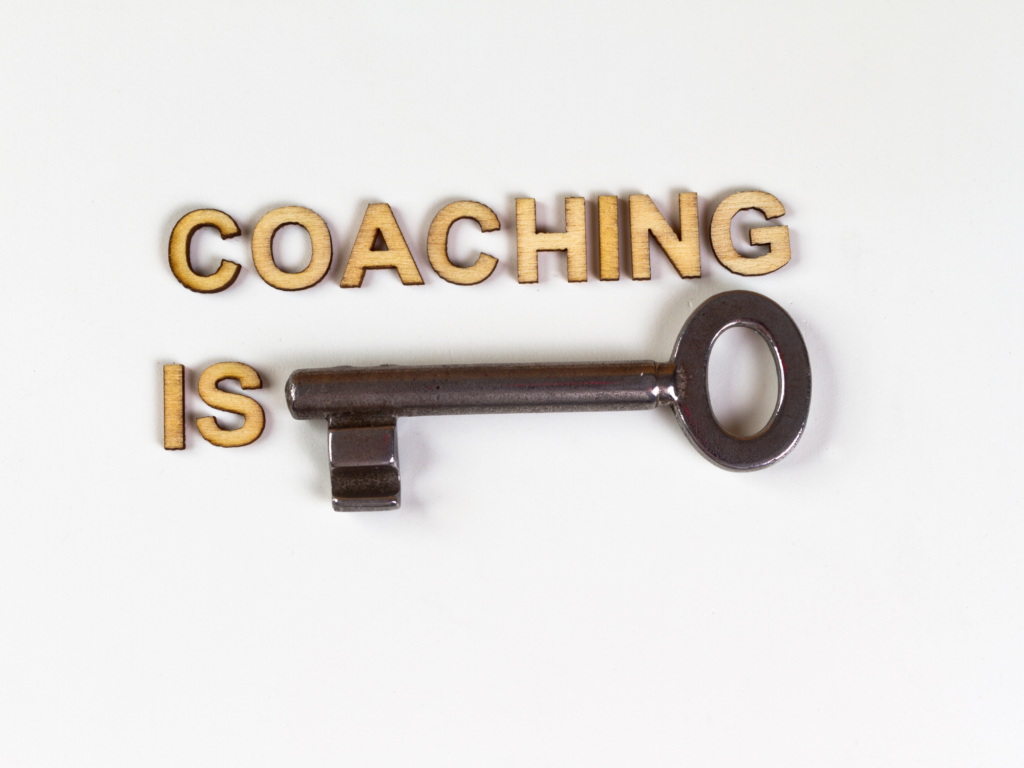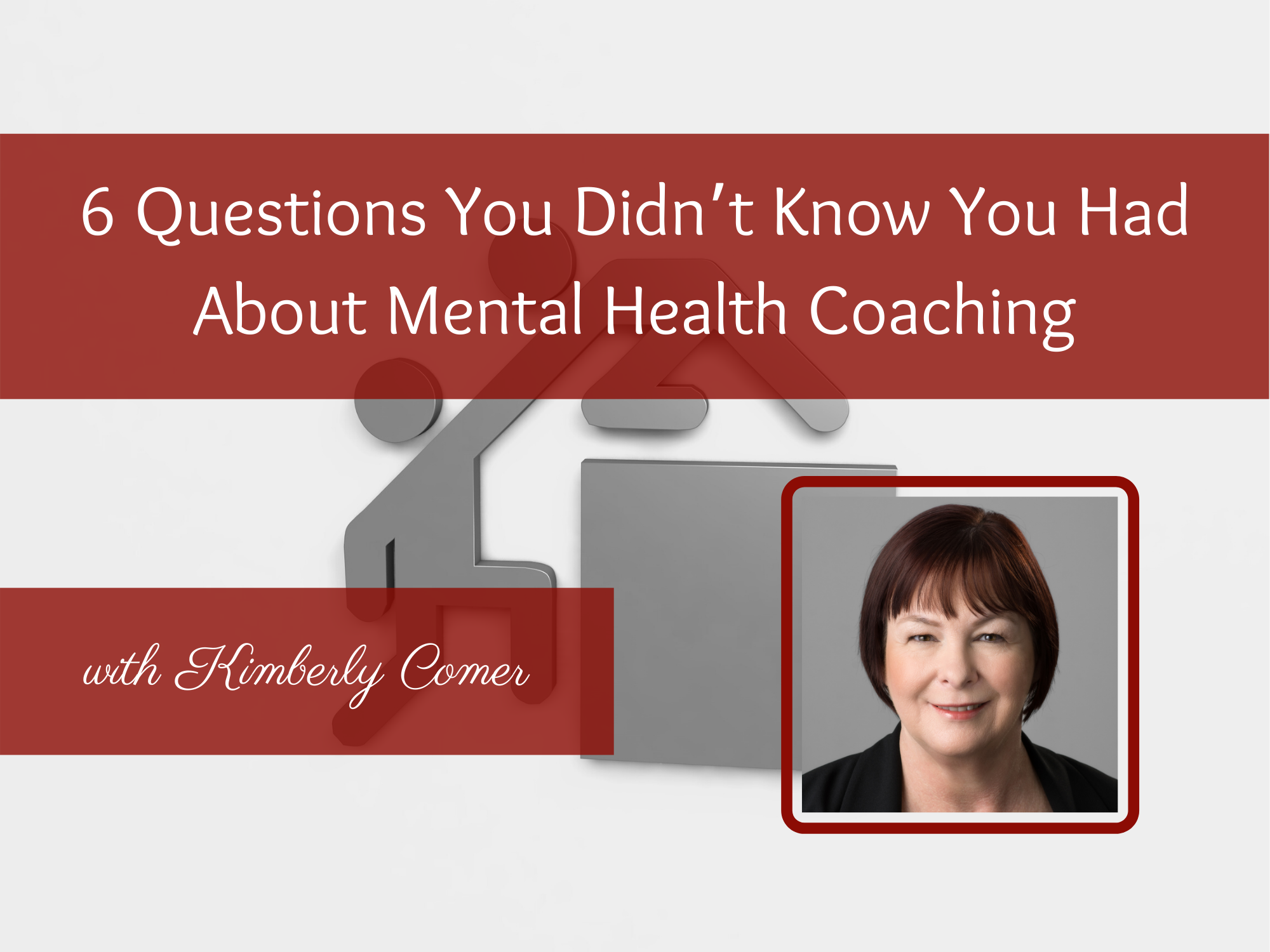Kimberly Comer has struggled with mental health her whole life. For 24 years, she was in and out of the hospital with symptoms and psychotic episodes related to her Rapid-Cycling Bipolar with Psychotic Features diagnosis. Until 2012, she had little hope.
During her last hospital stay, she heard a National Alliance On Mental Illness (NAM) In Our Own Voice (IOOV) presentation. It was facilitated by two speakers, one of them was a woman who had a similar diagnosis and the other was a family member who supported a loved one with a diagnosis. It was life changing for Kimberly. While listening to the speakers, she began to realize that there was hope, support, and educational resources available that would provide her the opportunity to learn what was necessary to manage her own chronic health issues without the frequent hospital stays.
These days, Kimberly loves her job as a National Certified Peer Specialist and Mental Health Coach here at Kenosis Counseling Center. We chatted with Kimberly about mental health coaching – what it is, how it’s different from therapy, and why mental health coaches are an important part of a behavioral health care team.

What is Mental Health Coaching?
A mental health coach is someone who has been nationally certified as a Peer Specialist who helps people live their best lives and live with their day-to-day mental health issues while managing their chronic health issues and the symptoms which arise. Kimberly explains that a mental health coach isn’t all that different from a life coach; however, certification as a Peer Support Specialist does matter because “I have the knowledge, and the expertise, to share my lived experience in a healthy way to ensure the relationship remains healthy, and the person gets to move to their next level.”
A mental health coach is also a recognized part of your mental health treatment team. She explains, “If your dietitian or nutritionist needs to reach out, they can. If your therapist needs to reach out, they can. If you know if your psychiatrist wants to talk to me, and there’s something we can work on together, like maybe you discover something in therapy and I need to be aware of it so I can support you through it, they can.” The idea is that mental health coaches like Kimberly collaborate with the rest of your team to provide the best care they can.
Kenosis Co-Founder Dave Shields agrees. He notes, “It’s like having an extra player on the team. When you’re in therapy, the coach can be more readily accessible to you and can offer insights and wisdom from personal experience. It makes a really big difference in day-to-day life fulfillment.”
A lot of what mental health coaching is, which many people may not quite understand, is the everyday support aspect. “Not everybody needs therapy every week. A lot of times what I end up doing is working with somebody to help them build what it is they want for their future, learn to deal with their anxiety, learn to build that support network, and deal with situations that come up day-to-day in support.”

What can a Mental Health Coach Do for You?
There are many great aspects of having a mental health coach. They can help you live your best life and work on managing mental health while working toward your dreams – big picture stuff.
But what do mental health coaches do on a regular basis and how does it benefit you?
First and foremost, they empower you to take charge of your own life. In a system that hospitalizes people over and over again based on their thoughts, Kimberly strongly believes we need to be teaching and empowering rather than locking away because that’s traumatic.
Rather than continue hospitalizing for each incident, we need to be “teaching them how to change, reframe, and process their thoughts.” Teaching will help to “develop the coping skills or manage the environmental stressors that are going to come out in the community.”
Mental health coaches also have another important job: giving hope. Because they’ve lived through their own often traumatic experiences, they can empathize as well as support what you’re going through. They also know that you can still live a good life despite whatever might have happened in the past. You simply need the right tools and supports to help you get there.
“I’m not asking you to do it by yourself, but I am asking you to identify what it is you want for your future so we can work on it together,” Kimberly emphasizes. She’ll work with you to change your behavior patterns – and they are behavior patterns – that way you can reach your goals and dreams.
One thing mental health coaches can’t do: complete your recovery for you. Only you can do that. BUT, when she works with clients, Kimberly says, “I will walk that journey with them. I will help them to start identifying what their dreams are, what their goals are. What supports we need to have in place, what education pieces are available in the community, or if we need to find one.” She can also get you connected to someone if you want to share your story.
It’s all very individualized to what you need. Kimberly says, “I really do try to meet people where they’re at.” She’s great at meeting people when they’re not sure if they want coaching and saying “Let’s start the conversation, see where we go.” It’s not all about assessments – just conversation.

How is Mental Health Coaching Different from Counseling?
While you might have an idea of what counseling or therapy is, mental health coaching probably isn’t as familiar.
So what’s the difference?
According to Kimberly, “The difference between a mental health coach and another type of clinician, whether it be psychiatrist, a therapist, licensed clinical social worker, or any of those designations, is my ethical responsibility.” She shares her experiences and wisdom in a way that will “provide hope, resources, and support to individuals.” When you see a licensed therapist, they don’t share their personal experiences with you.
Another key difference is that a therapist or counselor will work with you for an hour and work on your coping skills and digging deep to figure out what therapy treatments you need. Mental health coaches like Kimberly work with you on the day-to-day life outside of therapy and how to get where you want to be. They come alongside those treatments and say, “Tell me what your dreams are. How do we change the things that are not working for you, in your ability to live your best quality of life?’”
Kenosis Co-Founder and therapist Dave Shields adds that mental health coaches often have more availability than therapists: “The availability of a mental health coach can far surpass the availability of a therapist. They oftentimes will let you text them or call them outside of scheduled time, so there’s a lot of additional support that can happen that way.”
Counselors and mental health coaches work together but in different capacities. Kimberly and Kenosis Co-Owner and licensed therapist Christine Turo-Shields provide a great example of that during a presentation about living with Bipolar Disorder. Kimberly explains that Christine can “give you coping skills and help you to process the trauma from your past.”
Meanwhile, Kimberly can come in on the other side and say “This is what hope looks like. You can learn the skills, develop the resources and support to work through the process of building the life you desire, and live successfully out in your community while managing your chronic health issues.”

If you Get Coaching, Do You Have to Get Counseling? And Vice Versa?
Many people are wary of therapy because of the stigma that it means you’re “broken” or there’s something wrong with you. Aside from the fact that this assumption is untrue, it can be hard to tell what kinds of help you need.
Do you need therapy? Or mental health coaching? Or both? And what does that mean?
Kimberly explains, “People have a misconception that you either see a mental health coach, or you see a therapist. But it’s not either or. It’s and.” Not only that, but what kind of help you need can change, “If somebody really is benefiting from the skills they’re learning in therapy, and I know they’re working with their therapist, then we table that file until they’re ready to come back and regain those community resources.”
Above all, “It’s really important that people understand what it is we’re striving to do together,” she emphasizes.
One of the most important things about therapy and mental health coaching is to focus on yourself: “If you go into therapy, focus on you. So many of us are not taught to focus on us, and we’re actually taught the opposite, which is, if you’re focusing on you, then that’s not a good thing.”

Why is Mental Health Coaching Important?
So what’s the big deal about mental health coaching anyway? After all, if you go to counseling and they can help you work through your trauma or other life situations you need help with, isn’t that enough?
The answer is really pretty simple: mental health coaches offer things that therapists don’t.
In Kimberly’s case, she works a lot with resources. “I’m really knowledgeable about peer support and recovery resources. And identifying that this is going to keep coming back if you don’t deal with it in therapy,” she says. Because she specializes in peer support, it might be more comfortable to share with her, in which case, she can point you toward what resources will help.
Mental health coaches also help you process what you learned in therapy. No one knows this more than Kimberly: “For me, early on in my recovery process, I was going to therapy twice a week. Well, that’s great. But then when I left there, and I started to process everything, I was just bandaged, but didn’t know what to do with it. Where does it go? That’s where the support I provide is helpful, because as you start to process that, we can do it together. “
A big part of mental health coaching is learning to advocate for yourself – being able to walk into therapy and say, “This is what I need. This is what’s going on. It’s not this, this, or that. These are the symptoms but here’s the issue. This is what we need to work on.” It empowers you to cut to the chase and choose to work on the real issues rather than “band-aiding” the symptoms.
Not to mention the “fellowship and practical day-to-day support through the wisdom and experience of others,” mental health coaching brings to the table, says Dave Shields.

What Else is Important About Mental Health Coaching that People May Not Know?
Although you may get the basics, there are a couple of other important pieces you should know about mental health coaching.
A big one is that you can get mental health coaching with Kimberly right here at Kenosis Counseling Center. A therapist can refer you to Kimberly, or you can ask to work with her when you call or text in. If the thought of reaching out to her yourself seems a little scary, your therapist can connect you during your next session!
Fear isn’t necessarily all bad, either. In fact, Kimberly says, “If somebody tells me they’re scared, I’m like, ‘Yay, let’s work through that.’ Because if you’re scared, that means you’re growing.” Although it took her many years to learn, it’s one of the things she values most now.
In fact, many people are a little afraid to go to counseling or mental health coaching because they don’t know what to expect – you’re not alone. “As a whole, when you go into a doctor into a psychiatrist, they want to give you medicine for whatever symptoms they think you have that they’ve seen in 15 minutes. You go into therapy. They don’t necessarily tell you what to expect. And coaching is kind of the same thing. Peer Support, it’s kind of the same thing. Nobody knows what to expect, or how to collaborate,” Kimberly explains.
Part of the reason is that when people go into therapy, sometimes there’s a misconception that “they’re going to be fixed” right then and there. The truth is, if you really want to live your best life, it takes work. You’ll have to put in the effort to build that life, and it’s Kimberly’s job to lovingly say, “”How much work are you willing to put in? And how uncomfortable are you willing to get? I can support the uncomfortable, but it is going to be uncomfortable.”
Mental health coaches are also working to change the system. Kimberly notes, “Unlike when you get a diagnosis of cancer and everybody says, ‘Oh, yeah, you can do this and you’re gonna live just fine. We’re gonna do this.’ That’s not at all what happens with mental health. You get a life changing diagnosis that gets billed to the insurance company, and that’s what you get. The family doesn’t get any hope or resources. The individual doesn’t get any hope or resources.”
She advocates for all of her clients, and can help you change the way you think. Not to mention, help you understand how your mental health is intricately connected to the rest of your body. “We need to be talking about whole health,” Kimberly says. Because without exception, it will “impact physical health, social health, communities. It impacts everything.”

2 Great Mental Health Resources
Therapists and mental health coaches are, in and of themselves, great resources.
But, if you’re not quite ready to see someone yet, or are in between appointments, Kimberly recommends these two great resources: the National Alliance on Mental Illness (NAMI) and the Wellness Recovery Action Plan (WRAP).
At NAMI, Kimberly’s go-to resource is “their support groups, and their education classes for both individuals as well as family members.”
As for WRAP, “it provides an education on how to manage a chronic health condition that impacts your brain“ through an evidence-based class.

